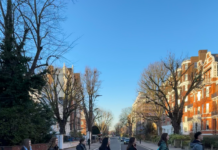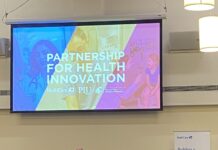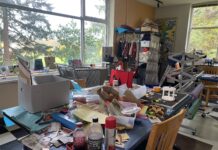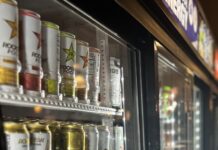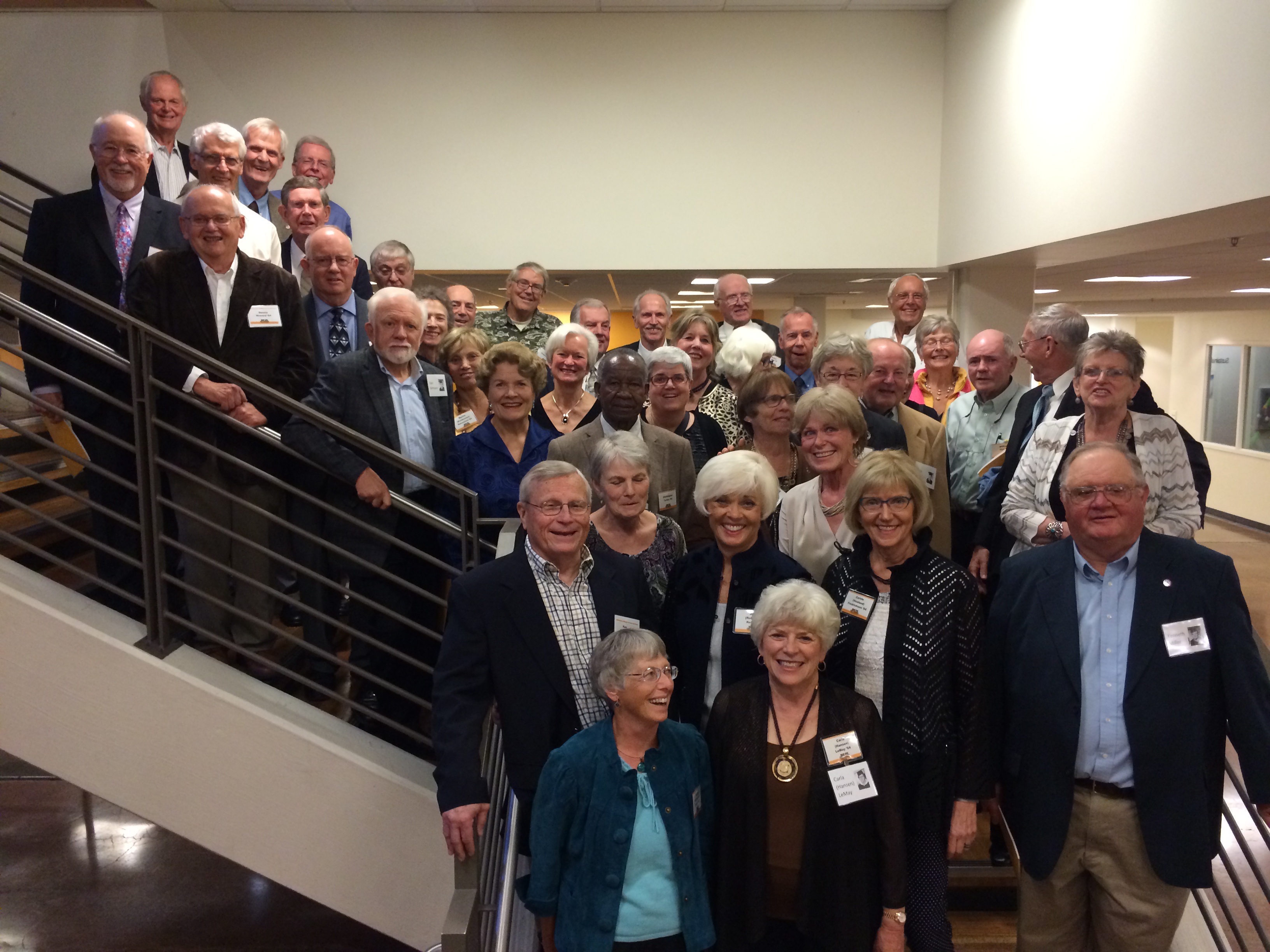Brennan LaBrie
News Editor
In October, Pacific Lutheran University Campus Safety released their annual safety report, detailing all crimes that occurred on campus property in 2018 compared to the two years prior.
Among the shared statistics, the massive drop in liquor and drug-related student conduct violations from 2017 to 2018 stands out. Alcohol-related violations fell from 71 to 33 in that period, while drug-related violations dropped 51 to nine.
No arrests were made in the last three years. Instead, students in violation have to follow the student conduct protocol. This involves paying a fine, taking an online class on substance abuse, and writing an essay.
Detective Sergeant Tara Simmelink, director of Campus Safety, was initially surprised by these statistics, and decided to reach out to the Student Rights and Responsibilities (SRR) on the matter. She found that the decrease in drug and alcohol student conduct violations over the past three years correlated with an increase in student care forms submitted in the same period.
Student care forms can be submitted online by any members of the PLU community, from students to teachers to family, who have a concern about a specific student that they feel should be addressed.
Student Rights and Responsibilities receives the form and either reaches out to the student themselves or has an RA, coach, or other individual reach out to them to check in.
After they make contact with the student, SRR provides the reporter with updates on the situation in order to “close the loop,” as SRR puts it.
In the 2017-18 school year, the Student Care Network’s first year, there were 1,126 forms received by SRR. In 2018, that rose to 1,191. This school year, the numbers are already “ahead of that trend,” according to Susan Pavur, coordinator for the network.
Simmelink calls this “a proactive approach to student conduct,” in which students who are struggling inside or outside the classroom are engaged and given resources to help them before they possibly end up in the student conduct system.
“What we realized was that there was an increasing need for students in particular to be cared for, but didn’t meet a clinical standard,” Dean of Students Eva Frey said. “So we created the care network, and we asked the members of this community to uplift people who they felt needed to be cared for in a particular way.”
The network aims to engage students who approach the health and counseling centers but must wait weeks for an appointment while they continue to struggle with anxiety, depression and stress, as well as the students who may be hesitant to approach these resources on their own.
Pavur said that the network has so far “surpassed expectations,” pointing to the steady rise in care forms, the decline in student conduct violations, and positive feedback from students, parents, and staff.
Grace Bingay, president of the Active Minds club at PLU, believes the network has grown thanks to its successful advertising, and that students have embraced the opportunity to help their friends and neighbors in an anonymous way. Active Minds aims to “educate, advocate for, and support those with mental illness among the PLU community.”
Some believe that the program has areas in which to grow.
Bryn Williams, a member of Active Minds, had a care form written for her and was approached by her track coach. She told them that she was fine and was not communicated with again by the care network. Williams is concerned that students, perhaps feeling uncomfortable when approached, might not share their actual mental state and will not be checked on again, even if they need it.
Pavur said the network is open to receiving criticism and suggestions so that it may continue to grow and remain effective in providing support for PLU students.
How to stay safe
The Annual Safety Report showed a decline in some campus crimes, rises in others, and some crimes staying about level from years past.
On-campus burglary incidents remained similar to those reported during the last three years with nine total incidents.
Motor vehicle theft on non-residential campus property reached a new high in the three years of given data.
The off-campus public property category showed very little incidents. However, this category only covers public property adjacent to PLU’s campus; that is, the sidewalks and streets just off of campus.
The neighborhoods surrounding PLU are outside of Campus Safety’s jurisdiction, but experience frequent criminal activity such as burglaries, car theft and property damage/vandalism that affect PLU students as well.
Simmelink says that car prowls are on the rise, and warns students not to keep valuables, including technology, homework, and school bags that may appear to contain valuables in their cars.
In addition, students should regularly check up on their cars if parked off campus, and try to park them in well-lit areas if possible. Bike theft, of both full frames and parts, has increased recently as well, Simmelink notes, and adds that it is best to use residence hall storage rooms or your house to store your bike to avoid this.
You can read the full annual safety report
at https://www.plu.edu/campus-safety/annual-report/.


